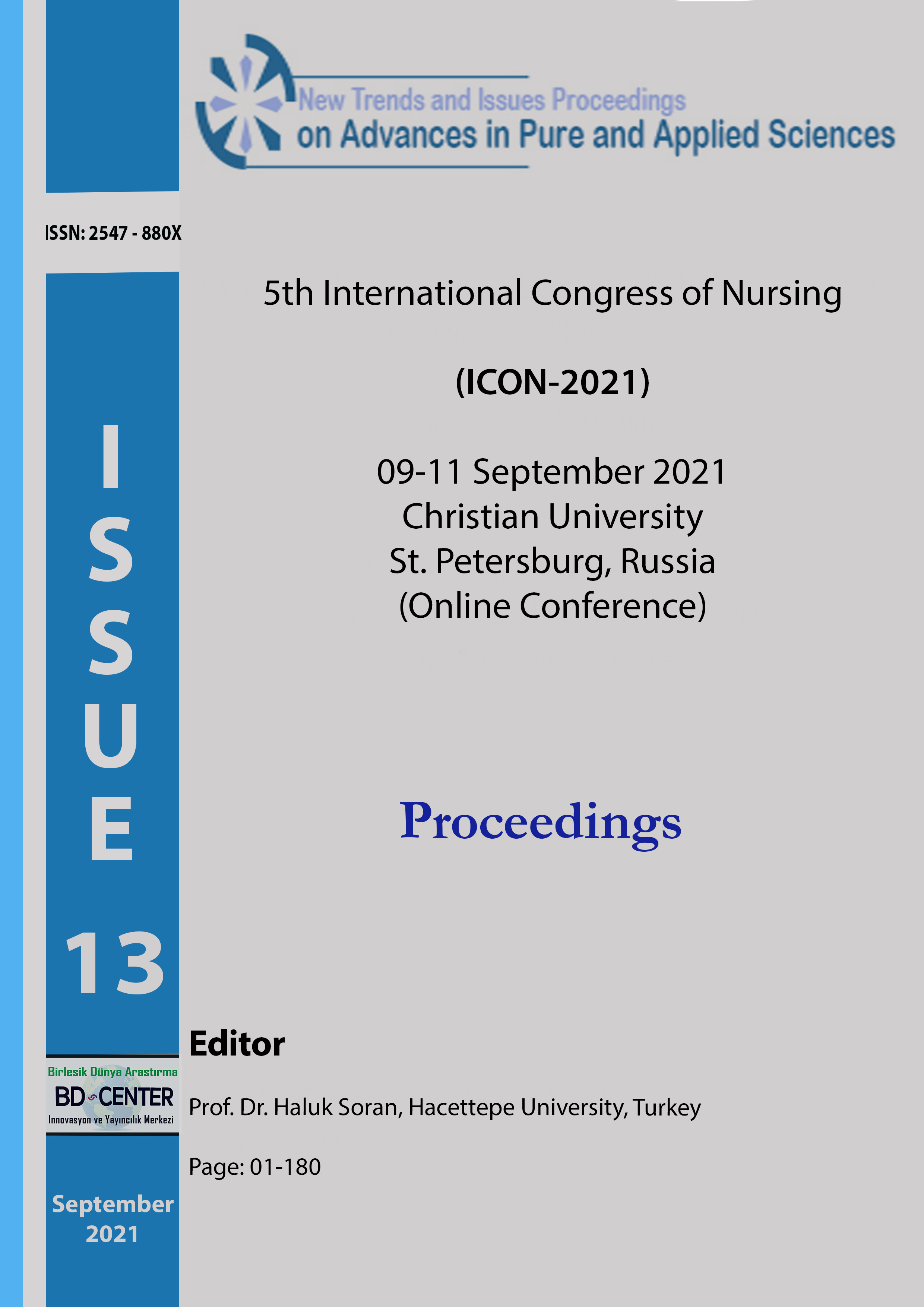Triage knowledge levels of nurses in Turkey: A study in state hospitals in Samsun
Main Article Content
Abstract
Today, triage is most commonly practiced in emergency departments due to the increase in the number of patients admitted to the emergency services. Nurses who will take part in triage stated that they should receive special education on this subject, be equipped with knowledge, skills, behaviour, critical thinking, fast and correct decision-making abilities and have professional characteristics. This research was carried out as a cross-sectional study between 27/09/2019 and 10/12/2022 in order to determine the triage knowledge levels of nurses working in Turkey (a study conducted in state hospitals in Samsun) and the factors affecting this situation. The population of the study consists of 324 nurses in total; some of them work in the emergency services of 16 hospitals; the research was completed with the participation of 300 nurses. Data are presented as percentage and median (min–max). The level of significance has been taken as p ˂ 0.05. In the research, it has been determined that 64.7% (n = 194) of them were female and 65.0% (n = 195) have a bachelor's degree. The majority of nurses (84.0%, n = 252) stated that they received triage training during their vocational training. On the other hand, in this research, the majority of nurses were asked ‘Do you think that the training you received after graduation benefited your clinical practice?’ and 43.0% (n = 86) reported ‘sometimes’ applied, while 36.5% (n = 73) reported that it was ‘yes’ applied. The research findings show that the nurses’ triage knowledge was moderate and that vocational and postgraduate training affected their triage knowledge. It is recommended that institutional managers implement regular and continuous in-service training programmes for health personnel, nurses and support their participation in certification programmes to improve their triage knowledge.
Keywords: Triage, nursing, knowledge levels.
Downloads
Article Details

This work is licensed under a Creative Commons Attribution 4.0 International License.
Authors who publish with this journal agree to the following terms:- Authors retain copyright and grant the journal right of first publication with the work simultaneously licensed under a Creative Commons Attribution License that allows others to share the work with an acknowledgement of the work's authorship and initial publication in this journal.
- Authors are able to enter into separate, additional contractual arrangements for the non-exclusive distribution of the journal's published version of the work (e.g., post it to an institutional repository or publish it in a book), with an acknowledgement of its initial publication in this journal.
- Authors are permitted and encouraged to post their work online (e.g., in institutional repositories or on their website) prior to and during the submission process, as it can lead to productive exchanges, as well as earlier and greater citation of published work (See The Effect of Open Access).
